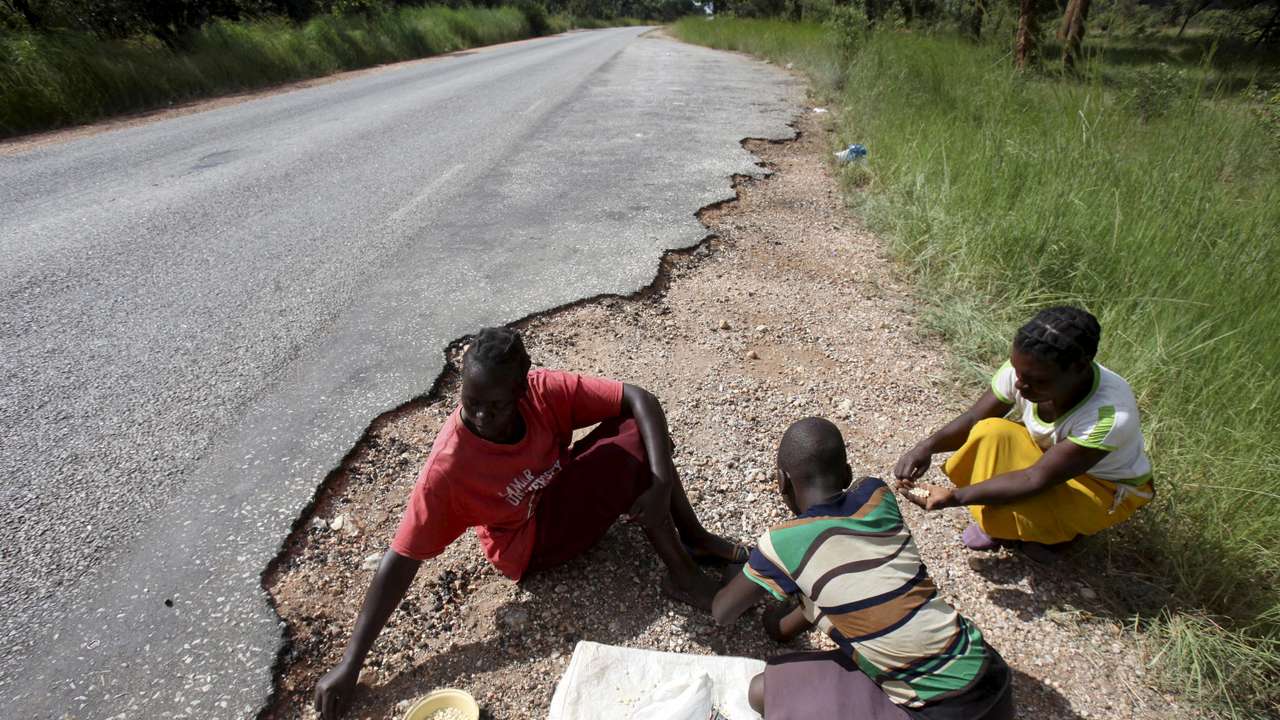Zambia Roundup: Drought-induced emergencies, malaria eradication, high inflation

Fight against malaria
Zambia is seeking to learn from China's successful malaria elimination efforts to speed up its own pace. According to Africa Xinhuanet, the country aims to eliminate malaria by 2030 and plans to begin using malaria vaccines next year. Malaria remains a significant public health concern in Zambia, accounting for 30% of the disease burden. Zambia is also facing challenges such as poor adherence to interventions and lack of local production of drugs. Pregnant women and children under five are the most vulnerable to malaria, and the government is prioritising services for these groups. China has provided support to the malaria fight, including the provision of vehicles and laboratory equipment, as well as training programs.
Wasteful spending on laptops
A Bloomberg report shows that a review of Zambia’s public debt revealed exaggerated expenses and careless expenditures, such as the government's acquisition of excessively priced computers and laptops for public schools lacking electricity. Among the loans scrutinised in the audit was one used to procure 10,000 laptops at $3,900 each, significantly higher than their estimated cost of $630, as outlined in the report by the Zambian Office of the Auditor General released recently. The government's excess expenditure on laptops and desktop computers amounted to approximately $96 million, according to the report. This highlights how Zambia has ended up defaulting on its $13.4 billion in loans.
Increase in annual inflation
Zambia's annual inflation rate has reached its highest level in 26 months and shows signs of further escalation due to a severe drought in some regions and ongoing currency depreciation, which are driving up prices. Statistician-General Mulenga Musepa disclosed that consumer prices surged by 13.8% in April, slightly surpassing the 13.7% recorded in the previous month. Monthly, prices increased by 1%, down from 1.2% in March, as reported in Lusaka, the capital, on Thursday. Bloomberg adds that, since the beginning of March, the kwacha has depreciated by approximately 10% against the dollar, making it the world's second-worst-performing currency during this period. The surge in demand for dollars in Zambia can be attributed in part to a drought induced by El Niño, resulting in crop failures and necessitating increased food imports for the southern African nation.
Drought-induced emergencies
Southern Africa is facing widespread droughts, leading to national emergencies in countries like Zambia and Zimbabwe. In response, the Water Convention and its partners convened a workshop in Zambia to strengthen transboundary water cooperation and develop solutions. Social News XYZ explains that the focus was on sharing challenges, problem-solving, and exchanging good practices on water allocation agreements and other transboundary arrangements, to mitigate potential conflicts and support hydro-diplomacy and peace. The workshop was organized with funding and technical support from various organizations, including the Ministry of Foreign Affairs of Finland, the European Union, and the United Nations Economic Commission for Africa. Zambia also aims to be a party to the Convention by the 10th Meeting of the Parties in October 2024.
Electric battery manufacturing plant
Commerce, Trade, and Industry Minister Chipoka Mulenga has announced the completion of feasibility studies for an electric battery manufacturing plant. In April 2022, Zambia and the Democratic Republic of Congo inked cooperative agreements to pursue electric battery production. Last August, Mulenga informed the nation that feasibility studies for the project were 45% complete, highlighting the ample raw materials sourced from FQM’s Enterprise Nickel Mine in Kalumbila District for electric car battery manufacturing. Mulenga on April 24, however, informed News Diggers that his team has finalised their study and plans to update President Hakainde Hichilema on its findings next week.